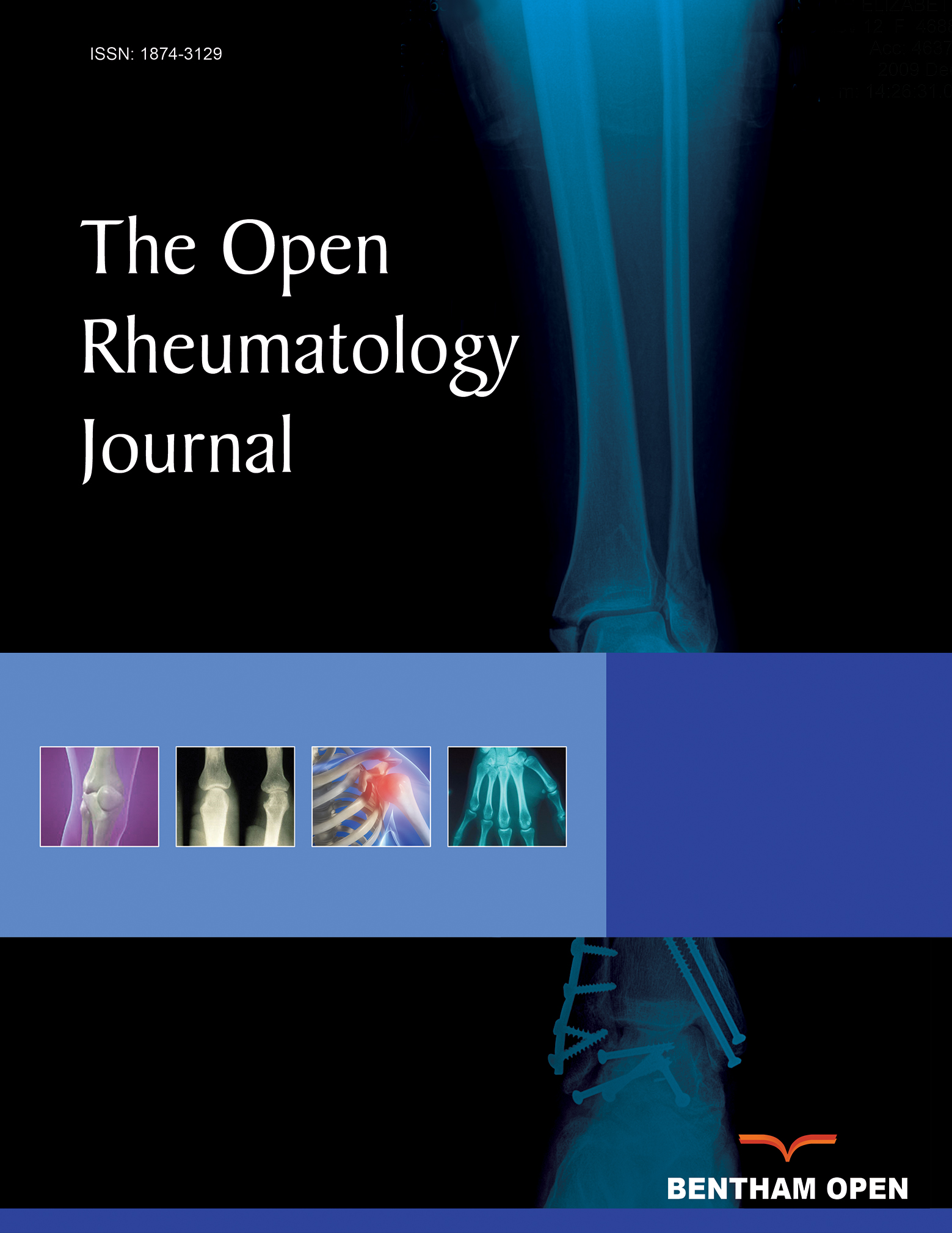All published articles of this journal are available on ScienceDirect.
Associations of MICA Polymorphisms with Inflammatory Rheumatic Diseases
Abstract
Inflammatory rheumatic diseases are characterized by inflammation resulting from the immune dysregulation that usually attacks joints, skin and internal organs. Many of them are considered as complex disease that may be predisposed by multiple genes and/or genetic loci, and triggered by environmental factors such as microbiome and cellular stress. The major histocompatibility complex class I chain-related gene A (MICA) is a highly polymorphic gene that encodes protein variants expressed under cellular stress conditions, and these MICA variants play important roles in immune activation and surveillance. Recently, accumulating evidences from both genetic and functional studies have suggested that MICA polymorphisms may be associated with various rheumatic diseases, and the expression of MICA variants may attribute to the altered immune responses in the diseases. The objective of this review is to discuss potential genetic associations and pathological relevance of MICA in inflammatory rheumatic diseases that may help us to understand pathogenesis contributing to the development of these diseases.


